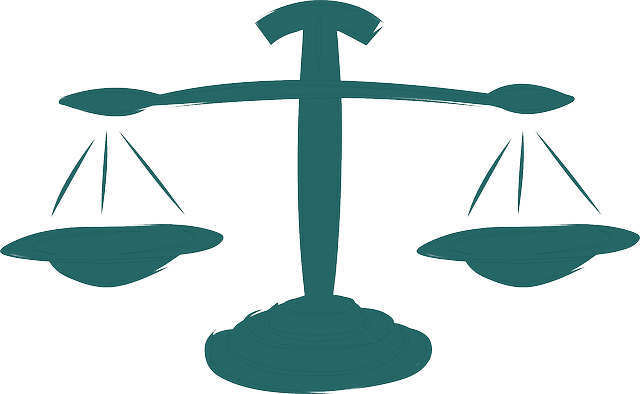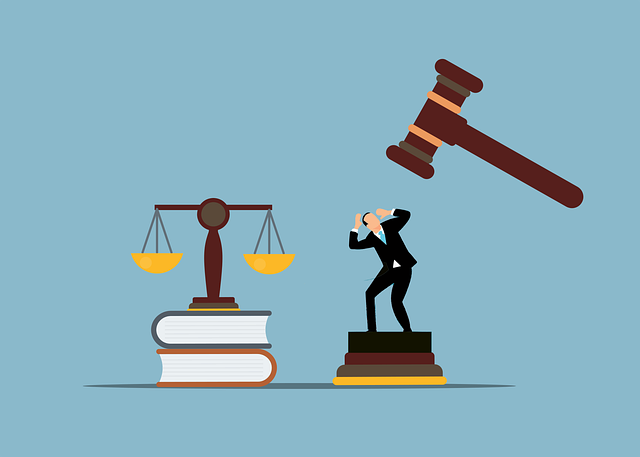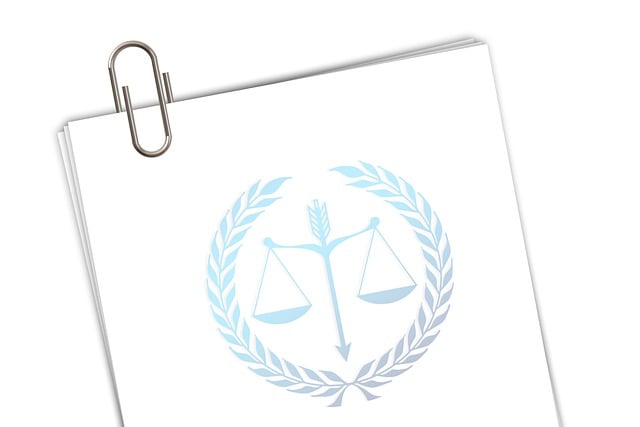Healthcare legal issues, including regulatory compliance, insurance disputes, and criminal investigations, heavily impact patient care. Understanding these complexities demands knowledge of laws, regulations, and ethical standards. In criminal prosecutions involving healthcare, expert witness testimonies, financial records, and digital forensics are crucial types of evidence. Effective interpretation and presentation of such evidence can lead to favorable outcomes, especially in jury trials. Healthcare providers must balance advocating for patient welfare with adhering to stringent ethical guidelines, ensuring justice and transparency within the industry. Robust documentation and evidence management strategies are vital for defending against charges, similar to criminal prosecutions, ultimately securing the integrity of healthcare services.
In the dynamic landscape of healthcare, legal issues play a pivotal role in shaping patient outcomes and provider practices. This comprehensive guide delves into the intricate world of healthcare legal matters, offering a detailed overview that includes understanding key issues, exploring types of evidence beyond medical records in criminal prosecutions, examining ethical considerations and patient rights, and providing strategic navigation for healthcare providers facing legal challenges. Discover essential insights on navigating this complex terrain.
- Understanding Healthcare Legal Issues: A Comprehensive Overview
- Types of Evidence in Criminal Prosecutions: Beyond Medical Records
- Ethical Considerations and Patient Rights
- Navigating Legal Challenges: Strategies for Healthcare Providers
Understanding Healthcare Legal Issues: A Comprehensive Overview

Understanding Healthcare Legal Issues: A Comprehensive Overview
In the intricate world of healthcare, legal issues play a pivotal role in shaping patient care and provider responsibilities. These matters range from regulatory compliance to insurance coverage disputes, patient rights, and criminal investigations. Navigating these complexities requires a deep understanding of applicable laws, regulations, and ethical guidelines. Healthcare legal issues are often high-stakes cases, demanding meticulous attention to detail and strategic expertise.
The types of evidence used in criminal prosecutions within healthcare can vary widely, from medical records and prescription histories to expert witness testimonies and digital forensics. In light of these diverse considerations, healthcare providers and their legal representatives must be adept at interpreting regulations, presenting compelling arguments, and ensuring the complete dismissal of all charges where appropriate. This is particularly crucial in jury trials, where clear communication and robust evidence are essential to secure favorable outcomes.
Types of Evidence in Criminal Prosecutions: Beyond Medical Records

In criminal prosecutions, especially those involving healthcare and white-collar crime, understanding the various types of evidence beyond medical records is paramount for crafting a robust defense strategy. While electronic health records (EHRs) and patient charts are significant pieces of evidence, they are not the only ones that can sway a jury. Testimonial evidence from experts, such as physicians or industry specialists, can provide critical insights into clinical practices and help interpret complex medical data. For instance, in cases of alleged malpractice, expert testimony can either validate or challenge the standard of care provided by healthcare professionals.
Additionally, financial records play a pivotal role in white-collar defense strategies. Corporate and individual clients alike may face charges related to insurance fraud, billing irregularities, or kickback schemes. In such scenarios, audit reports, banking transactions, and financial statements can serve as compelling evidence. Presenting these documents effectively during trials has led to numerous winning challenging defense verdicts, demonstrating the importance of a comprehensive evidence collection process in navigating complex legal landscapes.
Ethical Considerations and Patient Rights

In the realm of healthcare legal issues, ethical considerations and patient rights are paramount. As the medical field evolves, so do the complexities surrounding patient confidentiality, informed consent, and equitable access to care. Healthcare providers must navigate a delicate balance between advocating for their patients’ best interests and adhering to ethical guidelines that ensure justice and fairness across the country. This involves safeguarding patients’ privacy using robust security measures, obtaining explicit consent for treatments, and ensuring that all decisions are made with the patient’s well-being at the forefront.
The types of evidence used in criminal prosecutions often mirror those employed in healthcare settings to address ethical breaches. Similar to how forensic experts analyze physical and digital evidence in criminal cases, healthcare investigators scrutinize records, witness testimonies, and other relevant data during all stages of the investigative and enforcement process. This ensures that corporate and individual clients alike are held accountable for unethical practices, fostering a culture of transparency and responsibility within the industry.
Navigating Legal Challenges: Strategies for Healthcare Providers

Healthcare providers often find themselves navigating complex legal challenges, from regulatory compliance issues to patient privacy concerns and medical malpractice claims. To successfully overcome these hurdles, strategies such as robust documentation and evidence management are paramount. Similar to the types of evidence used in criminal prosecution, healthcare professionals must compile comprehensive records that can withstand scrutiny. This includes detailed patient charts, consent forms, and any communication logs relevant to the case.
Additionally, building a strong defense involves fostering relationships with both the philanthropic and political communities. By engaging proactively with regulatory bodies and advocating for fair practices, healthcare providers can mitigate risks associated with white-collar and economic crimes. Ultimately, these proactive measures can lead to complete dismissal of all charges, ensuring the sustainability and integrity of healthcare services.
In navigating healthcare legal issues, understanding the intricacies of criminal prosecutions, and recognizing the importance of various evidence types beyond medical records, are key. Ethical considerations and patient rights must be at the forefront, ensuring a balance between legal requirements and compassionate care. By familiarizing themselves with these aspects, healthcare providers can effectively strategize to meet legal challenges, thereby safeguarding both professional integrity and patient welfare in today’s complex healthcare landscape.






